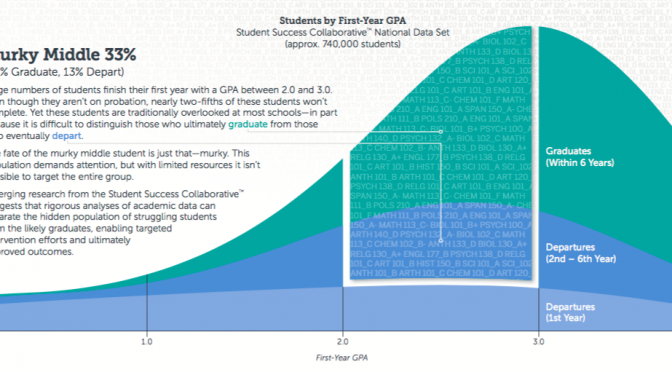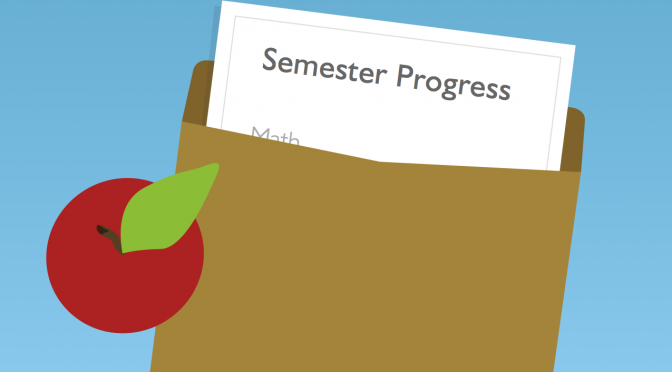The 13th and final comprehensive annual report on online education, put out by the OLC, the Babson Survey Research Group, and others. Full report available for download.
The decision to end the reports in their current form is also based on the maturation of distance education programs in higher education and the growing number of other reports and surveys that have launched since we began this particular effort back in 2003. When more than one-quarter of higher education students are taking a course online, distance education is clearly mainstream.
Allen, I. Elaine, and Jeff Seaman, with Russell Poulin and Terri Taylor Straut. Online Report Card: Tracking Online Education in the United States. February 2016.
[embeddoc url=”https://blogs.uoregon.edu/edtechknowledge/files/2016/02/onlinereportcard-1hkgvfa.pdf” download=”all” viewer=”google”]

